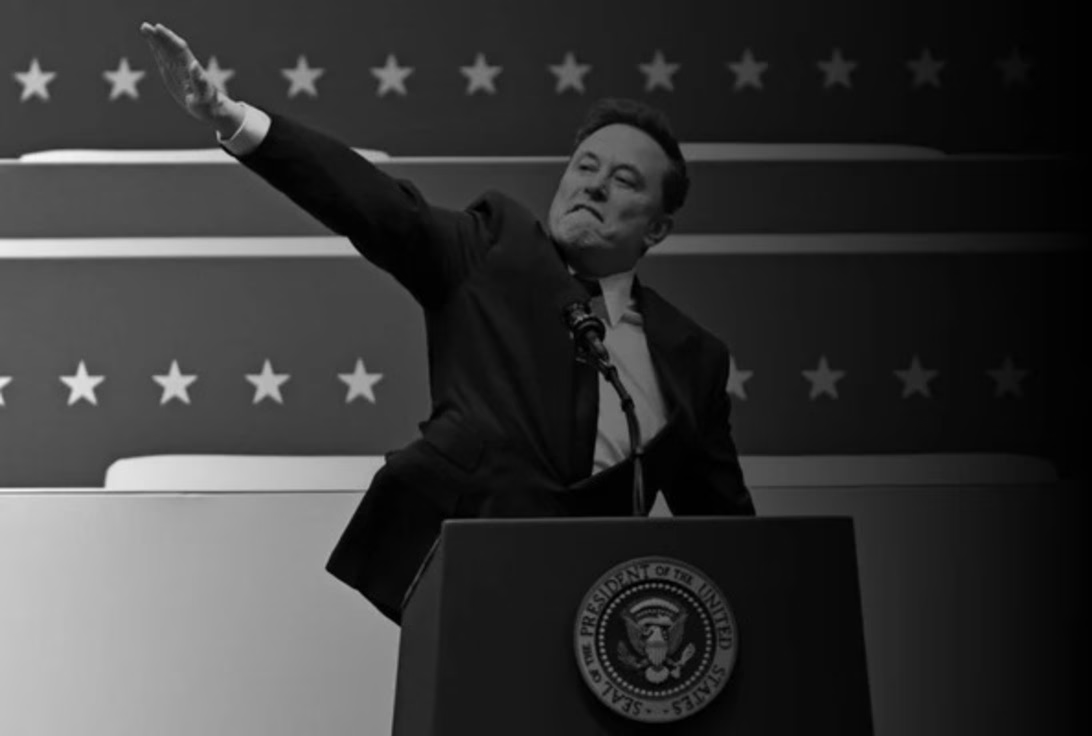By Mary Jones and Ben Emos | Friday, August 16, 2024 | 5 min read
Donald Trump’s rise to political prominence was built on a series of bold promises and attention-grabbing slogans that resonated with a certain segment of the American electorate. However, as the country looks ahead to future elections, some of these well-worn strategies are unlikely to have the same impact they once did. Let’s take a closer look at some of Trump’s trademark tricks—like claiming he’s self-funding, building the wall, and hiring the best people—and why they may no longer work in his favor this time around.
“I’m Self-Funding My Campaign”
In 2016, Trump presented himself as a self-made billionaire who could not be bought by special interests. He repeatedly claimed that he was funding his campaign with his own money and that this financial independence made him more trustworthy compared to career politicians. This narrative was key to his appeal among voters who were frustrated with what they saw as corrupt politicians being controlled by lobbyists and big donors.
However, the reality was more complex. While Trump did contribute some of his own money, the majority of his campaign funding still came from small donations and fundraising efforts. In 2020, his campaign leaned heavily on traditional Republican donors, raising questions about his claims of being financially independent. Moving forward, this narrative is unlikely to resonate the same way, especially since many voters are now aware that Trump’s finances are deeply intertwined with loans, debts, and ongoing investigations into his business dealings.
“I’m Rich and Worth $9,000,000,000”
Trump’s wealth has always been a cornerstone of his political identity. He frequently boasted about his net worth, even claiming at one point that he was worth $9 billion. His supporters saw his success in business as proof that he could manage the economy better than any politician.
But over time, his financial empire has been increasingly scrutinized. Reports from major news outlets, including The New York Times, revealed that Trump’s net worth was likely far less than he claimed, and that he had been involved in various financial maneuvers to avoid paying taxes. His portrayal as a wildly successful businessman has been undercut by revelations of large debts and questionable business practices, leaving many to question how much of his self-professed wealth was real. In a future campaign, this narrative may fall flat, especially when voters are reminded of the financial controversies that have followed him.
“I’m Building The Wall”
The promise to build a wall between the United States and Mexico was arguably Trump’s most famous campaign pledge in 2016. He repeatedly promised that he would build a “big, beautiful wall” and that Mexico would pay for it. The wall became a symbol of his hardline stance on immigration, and it galvanized his base.

Fast forward to today, and the reality is far more complicated. While some construction of barriers took place, Trump did not build the 56 miles of new wall he promised. Much of what was built replaced or repaired existing fencing, and Mexico never paid a dime. As Trump campaigns for the 2024 Republican presidential nomination, he is once again highlighting his administration’s achievements on border security, including revisiting his signature 2016 campaign promise of building a wall along the U.S.-Mexico border.
“We created the most secure border in U.S. history, built nearly 500 miles of border wall,” Trump claimed at a July 29 campaign rally in Erie, Pennsylvania. Moreover, Trump’s former strategist Steve Bannon was arrested in 2020 on fraud charges related to a private crowdfunding effort to build more sections of the wall, further tarnishing the narrative. As a result, Trump’s wall promise may not hold the same sway in future elections, especially with a public that is increasingly aware of how little of the original promise materialized.
“I’m Making America Great Again”
“Make America Great Again” became Trump’s defining slogan, one that encapsulated his populist appeal. It suggested a return to a bygone era of prosperity, security, and national pride. In 2016, this message tapped into the frustrations of many Americans who felt left behind by globalization, deindustrialization, and rapid cultural changes.
However, by the end of Trump’s presidency, the country faced deep divisions, racial unrest, and a pandemic that devastated the economy. Critics argue that far from making America great again, Trump’s time in office exacerbated many of the problems he promised to fix. As a result, the effectiveness of this slogan in a future campaign may be diminished, as many voters associate his presidency with chaos, rather than the return to greatness he once promised.
“I’m Going to Hire the Best People”
Another major component of Trump’s 2016 campaign was his promise to surround himself with “the best people” and build a team of competent, top-tier professionals to help run the government. In his view, his business acumen would allow him to bring in the best talent, unlike the bureaucrats and politicians who had traditionally held office.

In reality, his administration saw a revolving door of high-level officials, many of whom resigned or were fired in highly publicized disputes. His cabinet members were often replaced, and some faced legal issues after leaving their posts. For example, multiple individuals within Trump’s circle, such as Michael Flynn and Paul Manafort, were convicted of crimes. Far from representing stability, Trump’s administration was marked by a high level of turnover and internal strife. As voters look back, it’s unlikely that the promise of hiring “the best people” will carry the same weight, given the dysfunction that characterized much of his presidency.
Copyright 2024 FN, NewsRoom.





